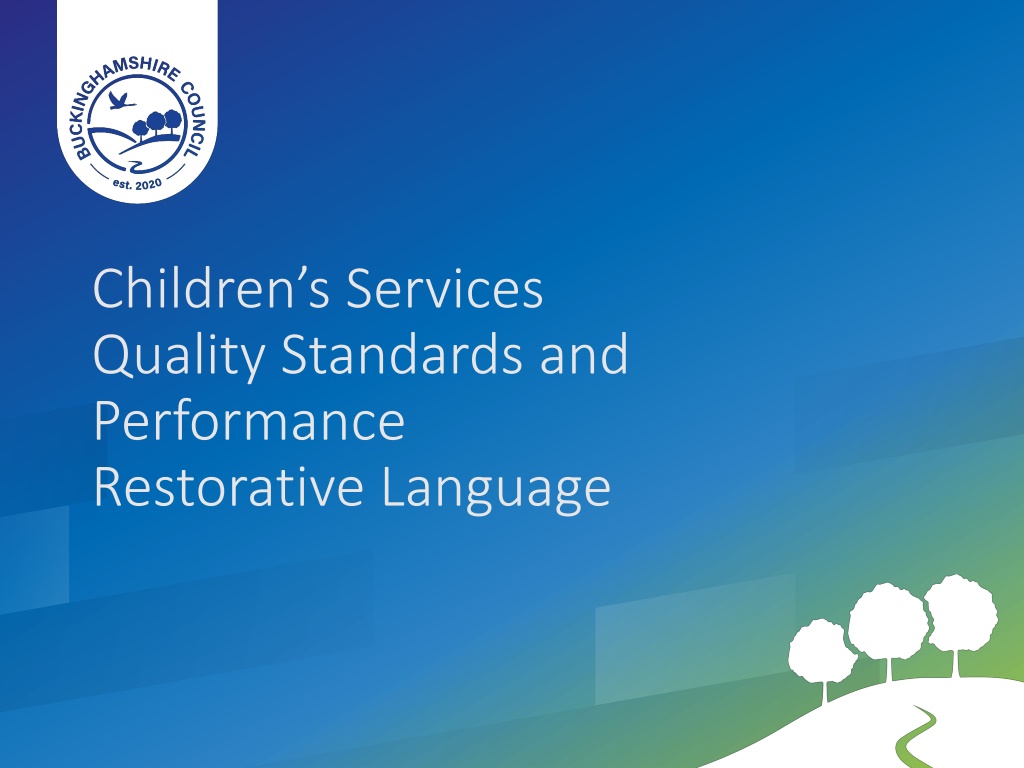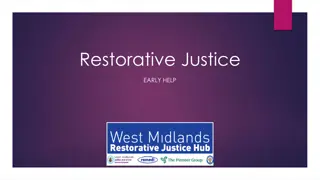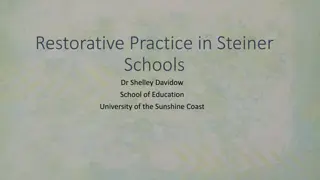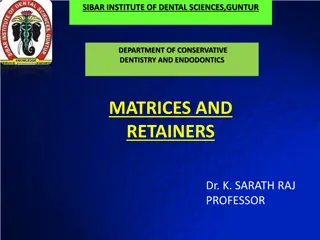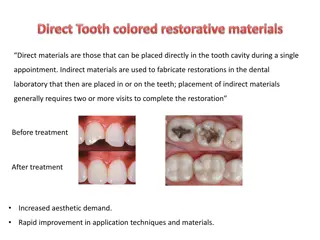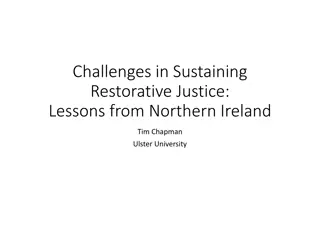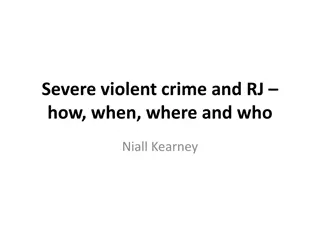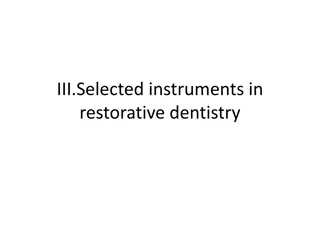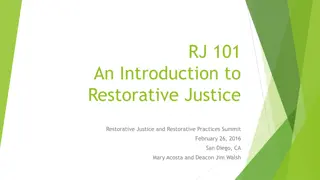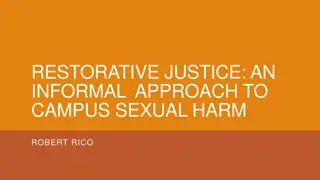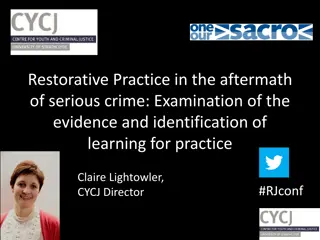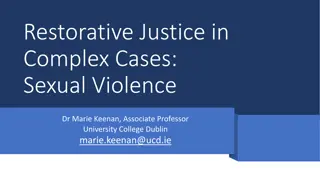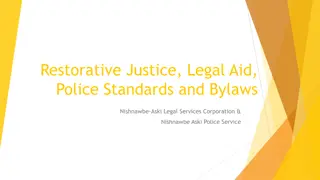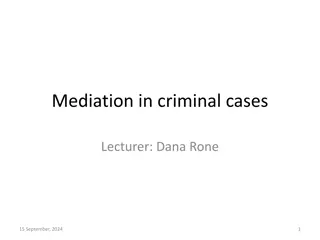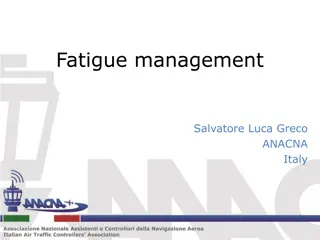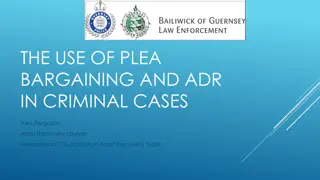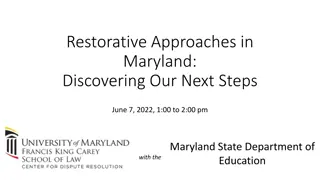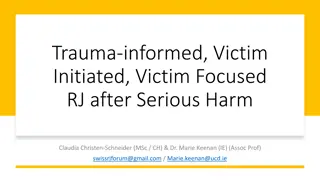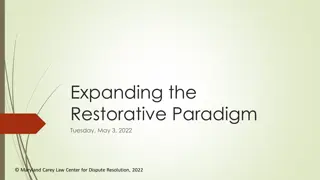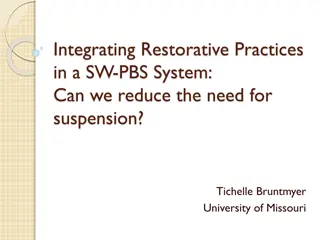Understanding Restorative Practices for Better Communication
Discover the principles of restorative approaches and practices to enhance communication and address conflicts effectively. Learn how to listen, acknowledge emotions, be transparent, and offer solutions in a respectful and responsible manner. By utilizing restorative communication skills, you can overcome barriers, understand perspectives, and build stronger relationships with clients. Explore the restorative framework and gain insights on improving interactions and resolving issues empathetically.
Download Presentation

Please find below an Image/Link to download the presentation.
The content on the website is provided AS IS for your information and personal use only. It may not be sold, licensed, or shared on other websites without obtaining consent from the author. Download presentation by click this link. If you encounter any issues during the download, it is possible that the publisher has removed the file from their server.
E N D
Presentation Transcript
Click to edit Master title style Click to edit Master title style Children s Services Quality Standards and Performance Restorative Language Click to edit Master subtitle style Click to edit Master subtitle style 14/08/2024 1 14/08/2024 1
5 Rs Restorative Framework 5 R s Restorative Framework Respect Responsibility Repair Reintegration Relationship BUCKINGHAMSHIRE COUNCIL
Principles of Restorative Approach Principles of Restorative Approach Listen carefully to the client s understanding of the situation and try to clearly appreciate what has happened and why they are unhappy Acknowledge persons thoughts and feelings about their experience Respond with empathy and honestly. Be transparent in your explanation and use language that is easily understood by your client, avoiding jargon and acronyms. BUCKINGHAMSHIRE COUNCIL
Restorative Practice Restorative Practice Recognize barriers clients may have due to past experiences. Be mindful of how you may come across to your client, be tactful and conscientious whilst remaining open and honest Answer with explanations using positive language and be clear about processes Be transparent and answer with facts and evidence Carefully consider and answer all the points raised. Acknowledgement shows you have heard what the issue is. Empathize by allowing our clients to have a voice and be heard. It is OK to acknowledge their emotions Be solution focused with a view to repairing any harm caused to the relationship Be responsible for your part, and offer a sincere apology Try and understand how their experience has affected them Has anyone else been affected by this? BUCKINGHAMSHIRE COUNCIL
Restorative Communication Skills Restorative Communication Skills It is important to be aware of potential barriers to communication as well as individual abilities and, the emotional barriers of strong feelings such as frustration. By using effective communication skills, we can utilise key restorative language to fit most situations. Use your professional networks to reflect and discuss. Take a stock-check of your own emotions so you are able to ensure objectivity. What happened? finding out where the concerns first arose What were you thinking? Establishing the thought patterns behind the concern What were you feeling? Acknowledging the emotional content within the concern Has anyone else been affected? Let them know what you can offer to prevent it reoccurring by being constructive and provide clear contact details of whom people are and who to contact When responding in a restorative manner, we do things WITH people and involve them directly in the process. BUCKINGHAMSHIRE COUNCIL
Restorative Communication Skills Restorative Communication Skills It is important to acknowledge client s feelings, and not give the impression they are just overreacting to something we may be more resilient to. At times, it is also worth noting that advice is sometimes not required; clients may simply need to be listened to, especially when targets have not been met our response is to ask questions; this can feel like an interrogation and clients may become defensive in return. It is also worth noting that asking a client to put things into perspective and seemingly taking sides can also seem dismissive of their needs. The questions below are person centred and make effective use of Restorative language; they can be used in most situations: What would you like to happen next? What do you need to move on from this? What could you do to sort this out? How would you like things to be? Is there anything you would like to say? How can you prevent this happening again? Ultimately, we all need an opportunity to speak and be heard, with an opportunity to explain, and put things right, and not undervalue client s feelings. BUCKINGHAMSHIRE COUNCIL
Complaints Complaints I am writing to let you know that I was really upset with how my social worker was talking to me. She made me feel like I was a child and being told off. She kept raising her voice and talking over me when I tried to answer her questions. When she left, I cried as I have never felt like such a bad parent, I thought you were meant to here to help me and make my life better. I don t think she should be allowed to work with children and families and she just doesn t understand what it s like to have social care involved. I don t think I would trust another social worker again as this has happened too many times with her, that I felt I had to report it. BUCKINGHAMSHIRE COUNCIL
Example Complaint Response Example Complaint Response Thank you for taking the time to raise your concern with us. I am sorry to hear that I left you feeling this way after my last visit. I fully acknowledge that I did not give you the space you needed to answer in your own time, and this has now affected our professional relationship. I would like the opportunity for us to have a conversation about how we can move forward together, and I would like to reassure you that I have heard your concerns. I hope we have to opportunity to carry on working together and rebuild our relationship. BUCKINGHAMSHIRE COUNCIL
